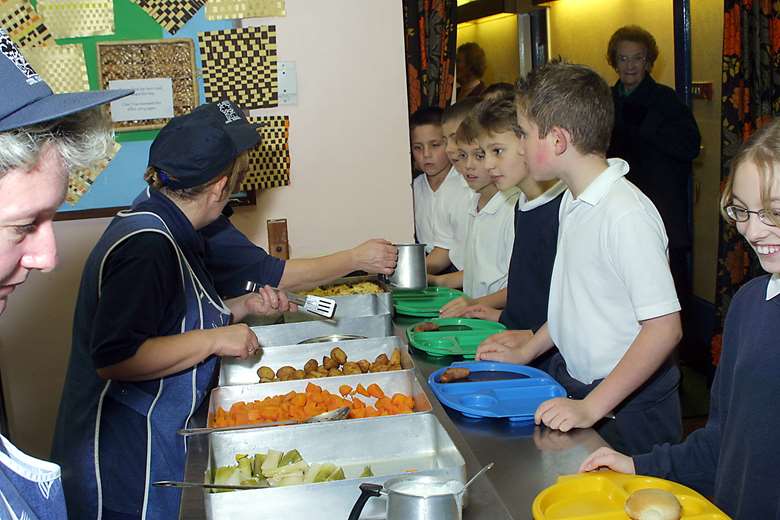Free schools fail to enrol most disadvantaged pupils
Joe Lepper
Thursday, August 7, 2014
Free schools are failing to admit the most disadvantaged pupils in their areas, research suggests.

A study by the Institute of Education found that while free schools are opening in disadvantaged areas they are taking fewer children who are eligible for free school meals than other schools.
Analysing the pupil intake of 88 primary and 63 secondary free schools that opened between 2010 and 2013, the study found only 17.5 per cent of pupils admitted into secondary free schools were eligible for free school meals – significantly lower than the 22 per cent free school meals recipient rate for the areas.
Among primary-level free schools the proportion of pupils eligible for free school meals was just 13.5 per cent. This comes despite these free schools being based in areas where 18 per cent of primary school-age children are eligible for free school meals.
The numbers of primary and secondary pupils eligible for free school meals in the study areas were higher than the England national averages.
Professor Francis Green from the Centre for Learning and Life Chances, who led the study, said: “It appears that, so far, the places in reception at free primary schools are being filled by children who are somewhat less disadvantaged and more advanced in their development than the average.
“This outcome may be disappointing for the government, which had hopes that its free schools policy would be a vehicle for delivering social justice.”
Pupils admitted at reception were also found to have a higher attainment level than the average for their area, the report found.
Martin Freedman, director of economic strategy and negotiations at the Association of Teachers and Lecturers, said the study backs up fears that “free schools have brought in selection by the back door and become the elite institutions we feared they would be, dominated by children with the pushiest parents”.
Kevin Courtney, deputy general secretary of the National Union of Teachers, added: “The increasing number of free schools that are being set up by large academy chains and existing trusts also gives the lie to the idea that the free school programme is driven by parental demand. What is being offered to parents is an untested experiment with children’s futures.”
Children are eligible for free school meals if their parents are in receipt of certain benefits. From September, all infant-aged pupils will be eligible for free school meals through a £1.2bn government funding package.
A Department for Education spokesman said: “Delivering the best schools and skills for young people is all part of this government’s long-term economic plan. To help with this we have established more than 4,000 new schools that are responding to what parents and pupils want and we have committed to helping pupils from disadvantaged backgrounds through new policies such as the pupil premium, which is worth £2.5bn this year alone.
“Free schools are a vital part of this mix. They are offering parents more choice than ever before and allowing thousands more children the opportunity to go to an outstanding state school.”
This is the latest critical report of the free school programmes. Last year the National Audit Office found just 16 per cent of free school pupils were eligible for free school meals, compared to a rate of 25 per cent being admitted in neighbouring schools.




